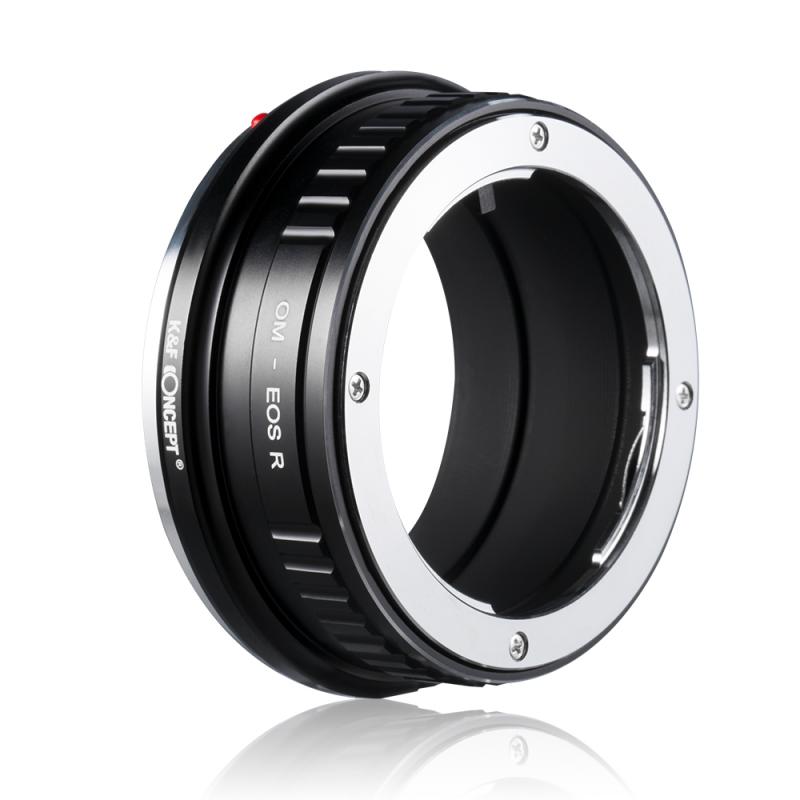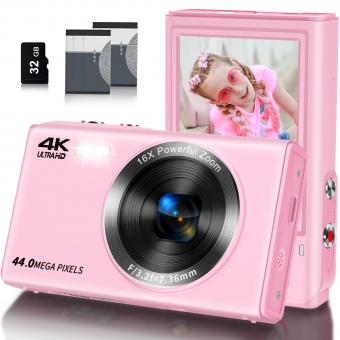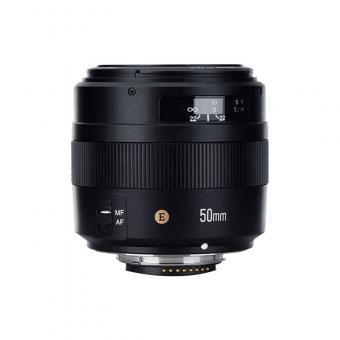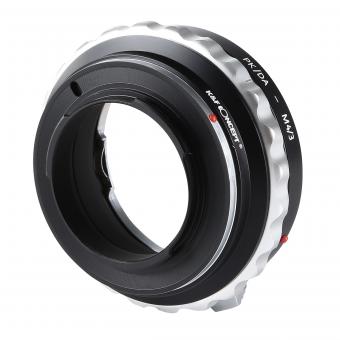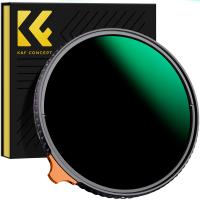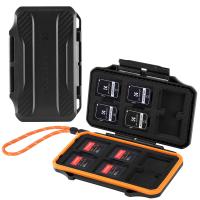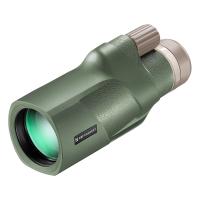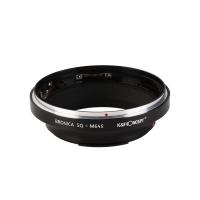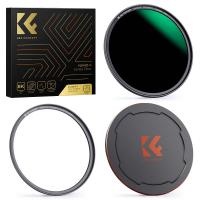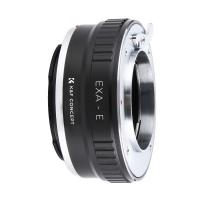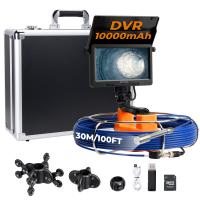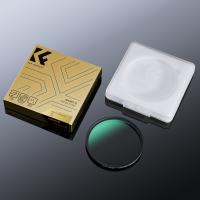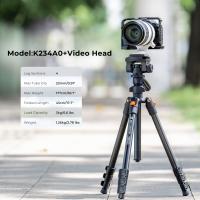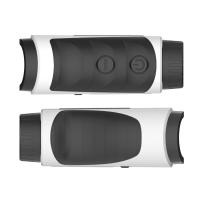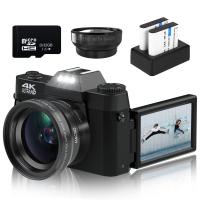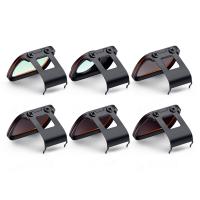Are Digital Cameras Obsolete ?
Digital cameras are not obsolete, but they have faced significant competition from smartphones in recent years. While smartphones have become increasingly capable of capturing high-quality photos, digital cameras still offer advantages in terms of image quality, versatility, and control. Professional photographers and enthusiasts often prefer digital cameras for their ability to interchange lenses, manual settings, and advanced features. Additionally, digital cameras typically have larger image sensors, resulting in better low-light performance and dynamic range. However, for casual users who prioritize convenience and ease of sharing, smartphones have become the go-to option. Ultimately, the choice between a digital camera and a smartphone depends on individual needs and preferences.
1、 Evolution of digital camera technology and features
The evolution of digital camera technology and features has been remarkable over the years. From the early days of low-resolution images and limited storage capacity, digital cameras have come a long way in terms of image quality, functionality, and convenience. However, it is important to note that the question of whether digital cameras are obsolete depends on the context and the specific needs of the user.
In terms of image quality, digital cameras have made significant advancements. High-resolution sensors, improved image processing algorithms, and advanced autofocus systems have resulted in stunning image quality that rivals or even surpasses traditional film cameras. Additionally, the ability to shoot in RAW format and the availability of various post-processing software have given photographers greater control over their images.
Furthermore, digital cameras have become more versatile and feature-rich. They now offer a wide range of shooting modes, manual controls, and creative options that cater to different photography styles and preferences. The integration of Wi-Fi and Bluetooth technology has made it easier to transfer and share images wirelessly, while the inclusion of GPS allows for geotagging and location tracking.
However, with the rise of smartphones, some argue that digital cameras are becoming obsolete. Smartphones have become increasingly capable of capturing high-quality images and offer the convenience of always being in our pockets. They also provide instant sharing options through social media platforms. As a result, casual photographers may find smartphones sufficient for their needs, eliminating the need for a separate digital camera.
Nevertheless, professional photographers and enthusiasts still rely on digital cameras for their superior image quality, manual controls, and versatility. The ability to interchange lenses, use external flashes, and access a wider range of accessories gives digital cameras an edge over smartphones in terms of creative possibilities.
In conclusion, while smartphones have undoubtedly impacted the market for digital cameras, they have not rendered them obsolete. Digital cameras continue to evolve, offering advanced features and superior image quality that cater to the needs of professional photographers and enthusiasts. The choice between a digital camera and a smartphone ultimately depends on the user's specific requirements and preferences.
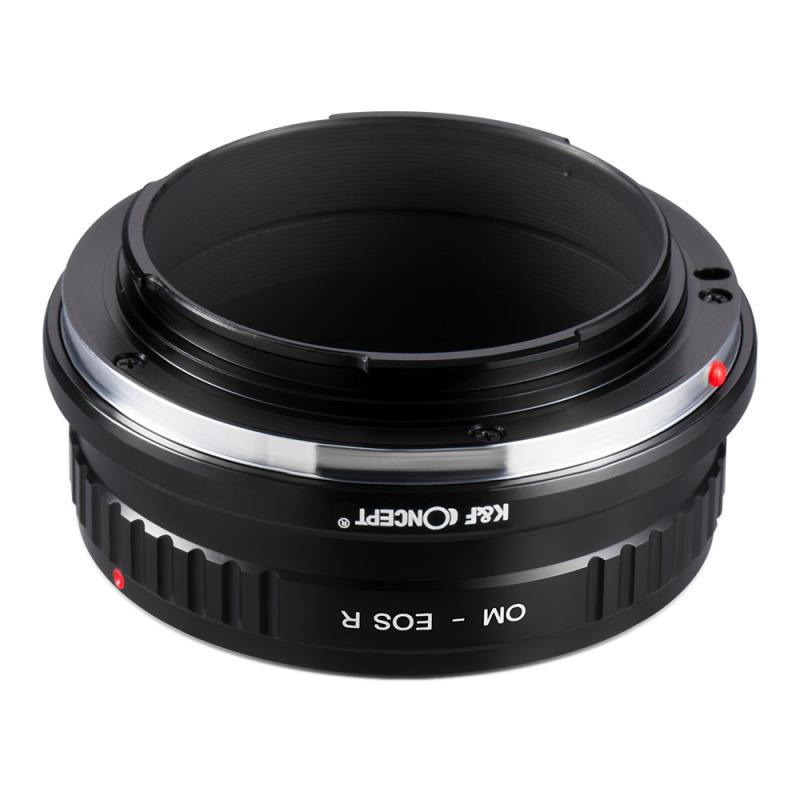
2、 Impact of smartphone cameras on digital camera market
The impact of smartphone cameras on the digital camera market has been significant in recent years. With the rapid advancements in smartphone technology, the quality of smartphone cameras has improved tremendously, making them a popular choice for everyday photography. This has raised the question of whether digital cameras are becoming obsolete.
While it is true that smartphone cameras have become increasingly capable, it is important to note that digital cameras still hold a significant advantage in certain areas. Digital cameras offer superior image quality, especially in low-light conditions, due to their larger image sensors and better lens options. They also provide more manual control over settings, allowing photographers to have greater creative control over their images. Additionally, digital cameras often have better zoom capabilities, allowing for more versatility in capturing distant subjects.
However, the convenience and accessibility of smartphone cameras cannot be ignored. The ability to instantly share photos on social media platforms and the ease of carrying a smartphone everywhere have made them the go-to choice for casual photography. Smartphone cameras also benefit from constant software updates, which further enhance their capabilities.
It is worth mentioning that the digital camera market has seen a decline in recent years, with many manufacturers shifting their focus to mirrorless cameras and high-end DSLRs. These cameras cater to professional photographers and enthusiasts who require advanced features and superior image quality. This suggests that while smartphone cameras have impacted the digital camera market, there is still a demand for specialized cameras that offer more advanced functionality.
In conclusion, while smartphone cameras have had a significant impact on the digital camera market, they have not rendered digital cameras obsolete. Both devices cater to different needs and target different audiences. Smartphone cameras excel in convenience and accessibility, while digital cameras offer superior image quality and advanced features. The future of the digital camera market lies in innovation and adaptation to changing consumer demands.
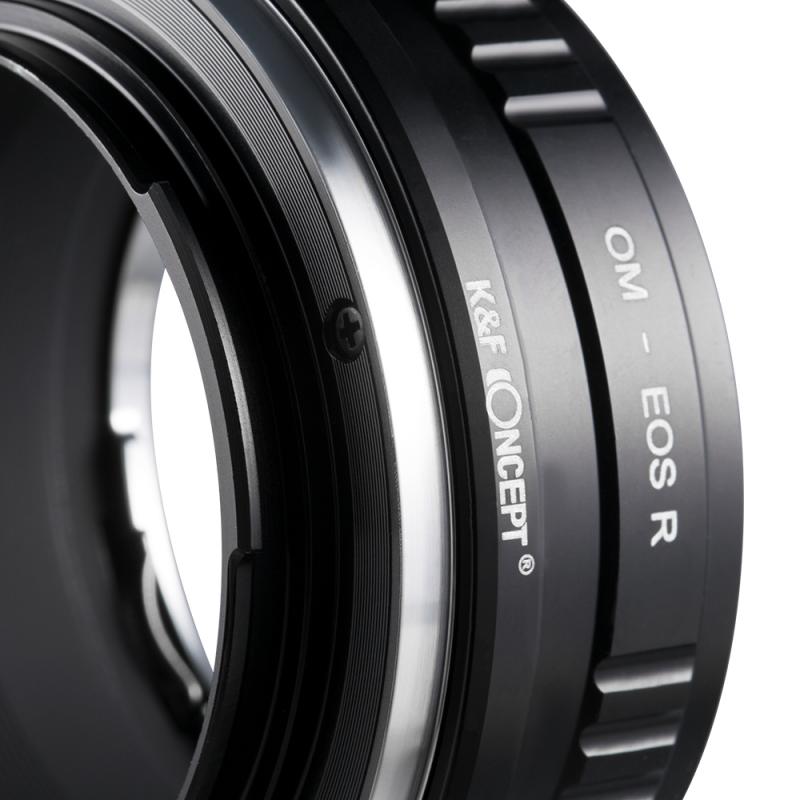
3、 Advantages and disadvantages of digital cameras compared to film
Advantages and disadvantages of digital cameras compared to film:
Digital cameras have revolutionized the way we capture and share photographs. They offer numerous advantages over traditional film cameras, but also come with their own set of disadvantages.
Advantages of digital cameras:
1. Instant feedback: One of the biggest advantages of digital cameras is the ability to instantly review and retake photos. This allows photographers to adjust settings, composition, and lighting on the spot, resulting in better quality images.
2. Cost-effective: Digital cameras eliminate the need for film and development costs. Photographers can take an unlimited number of photos without worrying about wasting film, making it more cost-effective in the long run.
3. Easy sharing and storage: Digital cameras allow for easy sharing of photos through various platforms, such as social media or email. Additionally, digital files can be easily stored and backed up, eliminating the risk of losing precious memories.
4. Post-processing capabilities: Digital cameras offer the flexibility of post-processing, allowing photographers to enhance and edit their images using software. This gives photographers more creative control over their final product.
Disadvantages of digital cameras:
1. Image quality: While digital cameras have come a long way in terms of image quality, some photographers argue that film still produces a unique and nostalgic aesthetic that digital cannot replicate.
2. Battery life and storage limitations: Digital cameras heavily rely on batteries, which can be a disadvantage when shooting in remote locations. Additionally, the need for memory cards and limited storage capacity can be a hindrance during long shoots.
3. Rapid technological advancements: The rapid pace of technological advancements means that digital cameras can quickly become outdated. This can lead to a constant need to upgrade equipment to keep up with the latest features and capabilities.
In conclusion, digital cameras offer numerous advantages over film cameras, such as instant feedback, cost-effectiveness, easy sharing, and post-processing capabilities. However, some photographers still appreciate the unique qualities of film and argue that digital cameras cannot fully replicate the aesthetic. Additionally, the rapid pace of technological advancements can make digital cameras quickly obsolete. Ultimately, the choice between digital and film cameras depends on personal preference and the specific needs of the photographer.
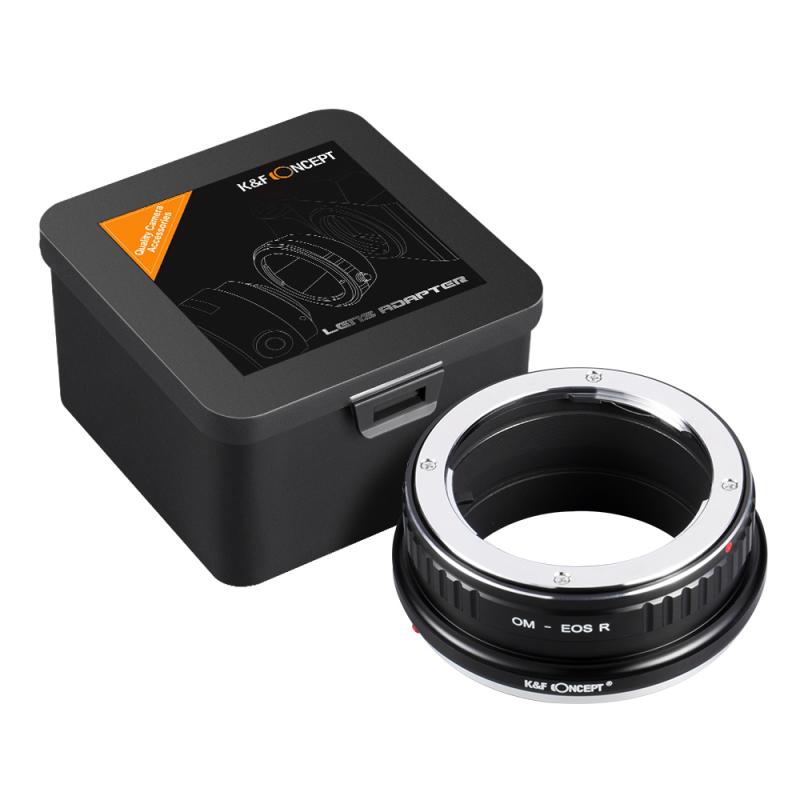
4、 Current trends in digital camera industry
Current trends in the digital camera industry suggest that while digital cameras are not yet obsolete, their popularity and market share have been significantly impacted by the rise of smartphones with advanced camera capabilities. The convenience and accessibility of smartphone cameras have made them the go-to choice for everyday photography for most consumers.
Smartphone cameras have improved dramatically over the years, with many flagship models now boasting high-resolution sensors, multiple lenses, and advanced image processing algorithms. This has made it easier than ever for users to capture high-quality photos and videos without the need for a separate digital camera.
However, it is important to note that digital cameras still have their place in the market. Professional photographers and enthusiasts who require more control over their photography, such as adjusting aperture, shutter speed, and ISO settings, still prefer dedicated digital cameras. These cameras offer superior image quality, interchangeable lenses, and advanced features that are not yet available on smartphones.
Additionally, the digital camera industry has responded to the smartphone challenge by introducing innovative features and technologies. Mirrorless cameras, for example, have gained popularity due to their compact size, interchangeable lenses, and high-quality image sensors. These cameras offer a balance between the convenience of smartphones and the versatility of traditional digital cameras.
Furthermore, the recent trend of vlogging and content creation has also contributed to the demand for digital cameras. Many vloggers and content creators prefer using digital cameras for their superior video quality, image stabilization, and external microphone support.
In conclusion, while smartphones have undoubtedly impacted the digital camera industry, they have not rendered digital cameras obsolete. The market for digital cameras has shifted, with smartphones dominating the casual photography segment, but dedicated digital cameras still hold their ground in professional and enthusiast circles. The industry continues to evolve, with new technologies and features being introduced to cater to the changing needs of consumers.
